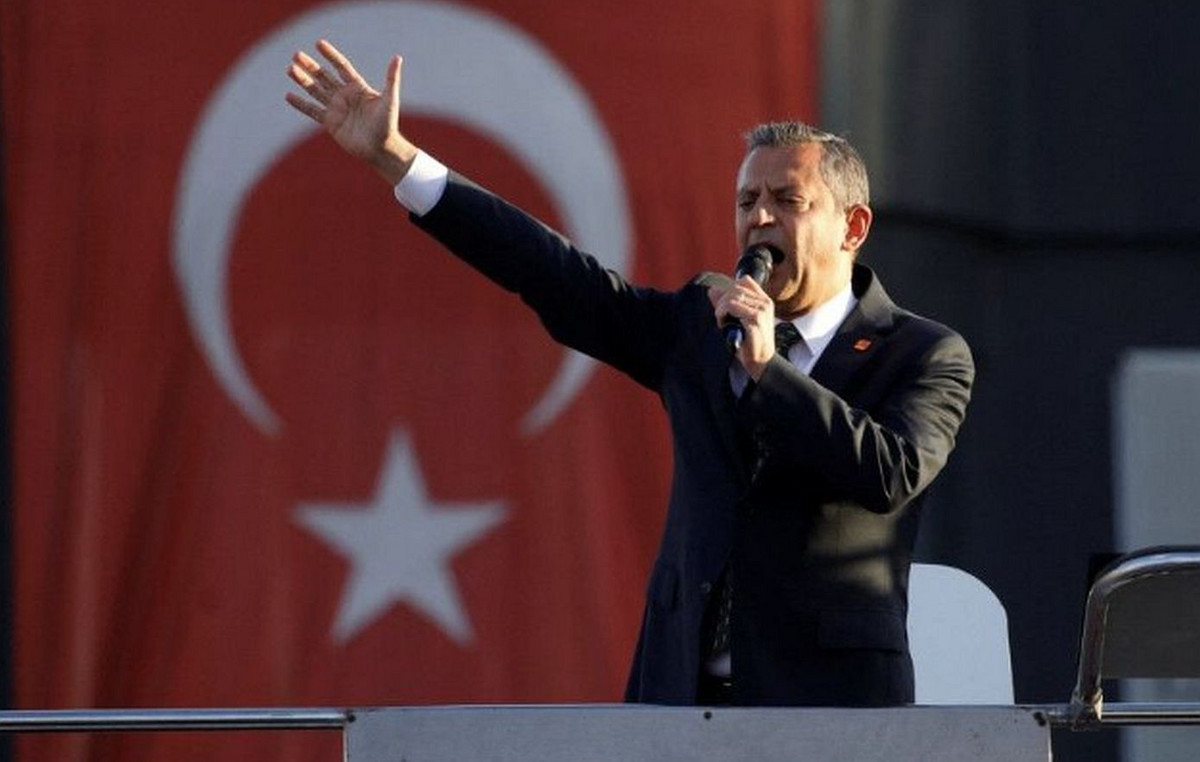The French went to the polls, this Sunday (10), for the first round of the presidential elections. Twelve candidates ran, with Emmanuel Macron and Marine Le Pen leading the way, followed by Jean-Luc Mélenchon.
According to estimates by the Ifop Institute, current leader Macron, who would have won 28.6% of the vote, and far-right candidate Le Pen with 24.4%, will contest the second round of French presidential elections in April 24th.
In a speech to supporters, Macron declared that “nothing is decided yet” and pledged to work to convince all voters, including those who abstained or voted for far-right and far-left candidates, to vote for him.
Le Pen, for her part, said she would resolve the country’s divisions if elected president. “I intend without waiting to sew the tears that a torn France suffers and that power has now been able to do.”
The second stage of the election indicates that the dispute will be fierce. Macron leads the polls with around 51% of the vote and Le Pen with 49%.
The first round was marked by the lowest participation of French people in the polls since 2017. According to the French Ministry of the Interior, the turnout percentage was 65% at 5 pm, while the rate in 2017 recorded for the same time was 69.4%. .
At noon, participation was also reduced compared to 2017, but the French were expected to attend the polls with greater weight after lunch. At this time, 25.5% of those registered to vote attended some polling station; in previous elections, the percentage was 28.5%.
Some 48.7 million French people are registered to vote, although participation is not mandatory in the country.
Second round support
So far, four of the candidates who contested the first round, Jean-Luc Mélenchon, Anna Hidalgo, Valerie Pecresse and Yannick Jadot, have declared opposition to Le Pen in this likely second round.
“We know who we will never vote for… You must not support Le Pen… There must not be a single vote for Le Pen in the second round,” Mélenchon said in a speech to his supporters. The French far-left candidate would have been in third place, according to initial information from research centers.
Hidalgo also declared that he was against the victory of the representative of the National Regroupment. “So that France does not fall into the hatred of everyone against everyone, I solemnly ask you to vote on April 24 against the extreme right of Marine Le Pen.”
Pecresse, who is part of the French conservative wing, even cited Le Pen’s relationship with the Russian president to justify his support for Macron. “The historical closeness (of far-right Marine Le Pen) with Vladimir Putin discredits her in defending the interests of our country in these tragic times. Election of her would mean that France would become irrelevant on the European and international stage.”
Also far-right candidate Eric Zemmour backed Le Pen for the second round against Emmanuel Macron. Speaking to supporters, Zemmour acknowledged differences with the candidate, but said he had “no doubts about who the opponent is. That’s why I ask my supporters to vote for Marine Le Pen.”
projections
If re-elected, Macron must continue his pro-European Union policies and reform program. Among the proposals for this campaign, the president promised to increase retirement to 65, reforms in unemployment insurance and the labor market, relaunch nuclear reactors, as well as investment in green energy and the goal of achieving carbon neutrality by 2050.
On the other hand, if Marine Le Pen is elected president, France must undergo sudden changes, especially with regard to immigration policy. In her election campaign, the candidate focused on targets related to the purchasing power of the French people – one of the biggest concerns of voters, according to polls.
As for all world leaders over the past two years, the Covid-19 pandemic has been one of the main challenges of his tenure. Before the health crisis, at the beginning of the term, a wave of protests invaded France. The “yellow vests” movement took thousands of people to the streets, triggered by a measure by Macron that raised the price of diesel at the end of 2018.
Despite trying to soften the image of his acronym, known for its nationalist and anti-immigrant politics, Le Pen maintains some emblematic points in his program.
The candidate is known for capturing difficult voters, according to polling expert Emmanuel Riviere. “She always manages to seduce people who are not interested in politics, precisely because she offers them a solution to expressing their anger towards politics.”
Source: CNN Brasil
I’m James Harper, a highly experienced and accomplished news writer for World Stock Market. I have been writing in the Politics section of the website for over five years, providing readers with up-to-date and insightful information about current events in politics. My work is widely read and respected by many industry professionals as well as laymen.







